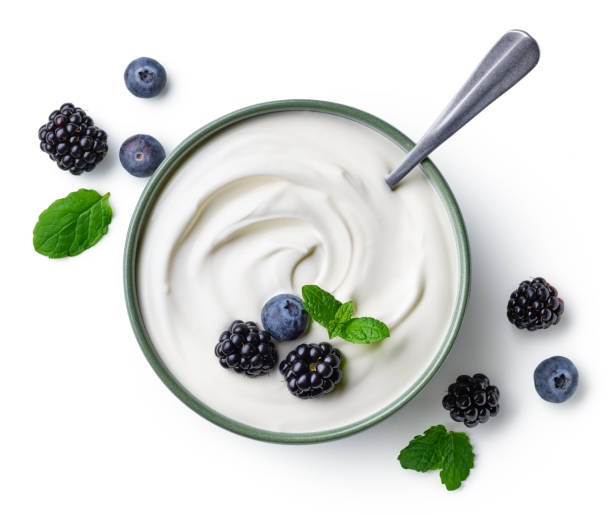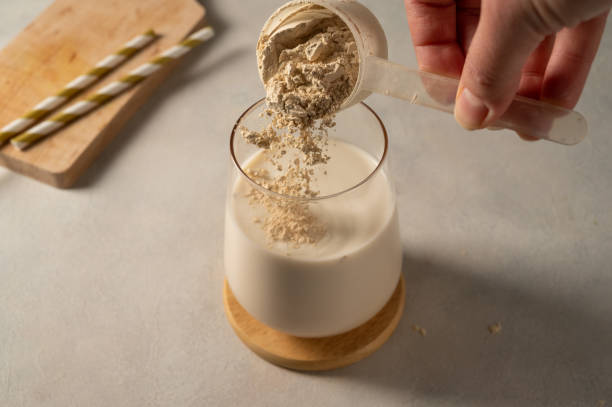If you’re looking to maximize your gains in the gym, it’s important to fuel your body with the right nutrients. Building muscle requires a combination of regular exercise and a well-balanced diet. In this article, we will explore the optimal muscle-building foods that can help you achieve your fitness goals.
Top High-Calorie Foods for Healthy Weight Gain
Nutrient-Dense High-Calorie Foods to Include in Your Diet
When trying to gain muscle, it’s essential to consume enough calories to support your body’s energy needs. However, not all calories are created equal. Instead of relying on empty calories from processed foods, focus on nutrient-dense options.
Include foods such as lean meats, fatty fish, whole grains, fruits, and vegetables in your diet. These foods are not only high in calories but also provide essential vitamins, minerals, and antioxidants that support overall health.
Lean meats like chicken and turkey are excellent sources of protein, which is essential for muscle repair and growth. Fatty fish such as salmon and mackerel are rich in omega-3 fatty acids, known for their anti-inflammatory properties and heart health benefits. Whole grains like quinoa and brown rice provide a good source of complex carbohydrates, offering sustained energy levels throughout the day.
Healthy Ways to Add Calories to Your Meals
If you’re struggling to consume enough calories, there are several healthy strategies you can implement. Consider increasing portion sizes, adding healthy fats like avocados or nuts to your meals, and incorporating calorie-dense foods such as nut butter or olive oil into your cooking.
You can also opt for nutrient-rich snacks between meals, such as Greek yogurt with berries, trail mix, or a protein shake. These options provide a convenient and delicious way to increase your caloric intake without compromising your health.

Another great way to boost your calorie intake is by incorporating smoothies into your daily routine. Blend together ingredients like bananas, oats, nut butter, and protein powder for a tasty and calorie-dense snack or meal replacement. Smoothies are not only quick and easy to prepare but also customizable to suit your taste preferences and nutritional needs.
Fuel Your Gains with These Muscle-Building Foods
Protein-Packed Foods for Muscle Recovery and Growth
Protein is the building block of muscle and plays a crucial role in muscle recovery and growth. Including ample protein in your diet is essential for optimizing muscle gains.
Good sources of protein include lean meats like chicken breast, turkey, and lean cuts of beef, as well as eggs, dairy products, and plant-based options such as tofu, lentils, and quinoa. Incorporate these protein-rich foods into your meals and snacks to support muscle repair and growth.
In addition to their protein content, many of these sources also provide other essential nutrients like iron, zinc, and B vitamins, which contribute to overall muscle function and health.
When it comes to muscle-building foods, it’s not just about protein. Healthy fats are also important for muscle growth and overall health. Foods like avocados, nuts, seeds, and fatty fish like salmon are rich in omega-3 fatty acids, which have anti-inflammatory properties that can aid in muscle recovery. Including these healthy fats in your diet can help support your body’s natural processes for building and repairing muscle tissue.
Furthermore, hydration is key for muscle function and recovery. Drinking an adequate amount of water is essential for maintaining optimal performance during workouts and supporting muscle repair post-exercise. Consider adding hydrating foods like watermelon, cucumbers, and oranges to your diet to boost your water intake and support your muscle-building goals.
Essential Nutrients for Muscle Development
While protein is important, other nutrients also play a role in muscle development. Make sure your diet is well-rounded and includes a variety of vitamins and minerals.
Include fruits and vegetables that are rich in antioxidants to support your body’s recovery from exercise-induced oxidative stress. Additionally, make sure you’re getting enough healthy carbohydrates to fuel your workouts and provide your muscles with the energy they need to perform at their best.
Navigating the World of Supplements
Understanding the Role of Supplements in Your Fitness Journey
It’s important to note that while supplements can offer support in achieving fitness goals, they are most effective when combined with a solid foundation of whole foods. Whole foods provide essential nutrients, fiber, and other beneficial compounds that supplements may not offer. Additionally, the synergistic effects of nutrients found in whole foods can enhance overall health and well-being.

Supplements like whey protein, creatine, and branched-chain amino acids (BCAAs) can provide additional support for muscle growth and recovery. Before incorporating supplements into your routine, consult with a healthcare professional or registered dietitian to ensure they align with your specific needs and goals.
Choosing the Right Supplements for Your Fitness Goals
With a plethora of supplements available, choosing the right ones for your fitness goals can be overwhelming. It’s crucial to do your research and consider your specific needs.
For example, if your goal is muscle growth, whey protein may be beneficial due to its high-quality amino acid profile and fast absorption rate. On the other hand, if you participate in intensive workouts and want to enhance endurance and reduce muscle fatigue, beta-alanine or caffeine supplements may be worth considering.
When selecting supplements, quality and transparency are key factors to consider. Look for products that have been third-party tested for purity and potency to ensure you are getting a safe and effective product. Additionally, be wary of exaggerated claims and always choose supplements from reputable brands with a track record of producing high-quality products.
Always remember that supplements are intended to complement a nutritious diet, not replace it. Prioritize whole foods and use supplements as a tool to support your muscle-building journey.